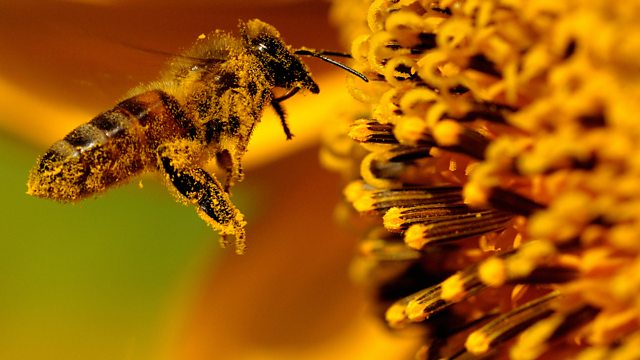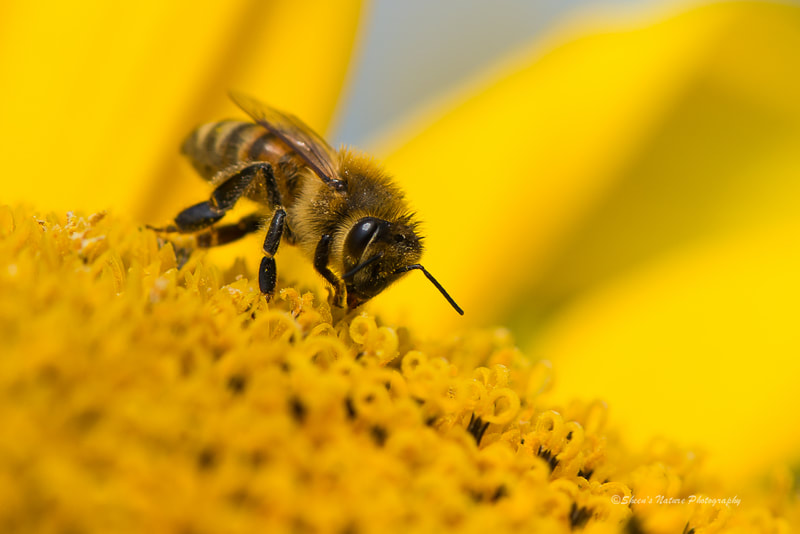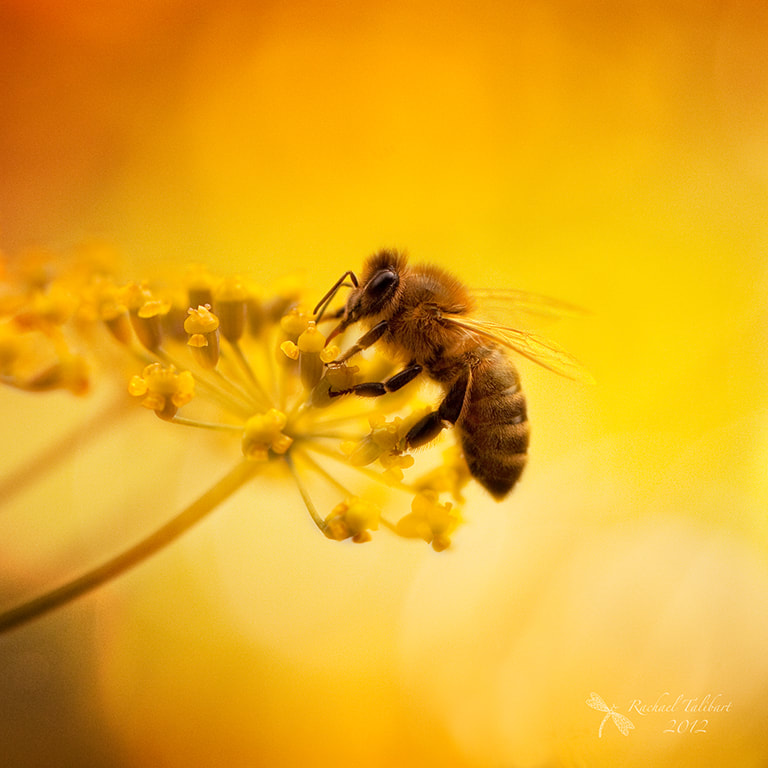NORTH SOMERSET BEEKEEPERS
Advice through the changing seasons suited to local conditions in North Somerset
Advice for January
- Check entrances are clear so bees can fly in and out .
- Heft your hives, add slab fondant if needed
- Clean and prepare spare equipment, buy new at Winter Sales (Supers, Nuc boxes, Replacement brood frames, Spare brood boxes, Queen excluders)
- Plan your activities for the new year (Increase, maximise honey crop, queen replacement, queen rearing, new techniques)
- Enter NSBK club events for the year in your new diary
- Print off new hive record cards
- Read your christmas beekeeping books
Advice for February
- Watch the bees for pollen intake (Crocus, Salix, Viburnum, Blackthorn….)
- Heft hives, consider feeding with syrup and pollen patties
- Tidy up the apiary whilst the bees are not flying much
- On a nice day, open the hives, find and mark the Queens
- Organise your swarm collection kit for quick access
- Collect and dry smoker fuel
- Clean (& repaint) varroa monitoring boards
Advice for March
- Ensure beekeeping tools and clothing are clean and ready for use
- Arrange a bucket of washing soda to clean tools and gloves between hives
- First quick inspection on a warm day Look for Q, eggs & brood, sufficient stores (10 lbs), diseases.
- Remove mouse guards and winter insulation
- Start assessing mite fall every month (less than 4/day is OK)
- Go to Branch apiary practice meetings
- Take the BBKA module exams!
- Go to Avon AGM and Spring Day School
Advice for April
- First full inspections when warm enough (Shirt sleeve weather)
- The 5 concerns of all inspections:
- Check for eggs & healthy brood
- Space to lay eggs and expand colony
- Stores ‘til next inspection
- Building up well
- Diseases
- Start weekly inspections
- Assess temperament for later queen replacement
- Remove old brood combs and replace with new
- Consider doing a Shook Swarm or Bailey Frame Change procedure
- If 7 frames of brood, put on super(s) with Queen excluder
- Watch out for Queen cells preparatory to swarming. If Q cells present:
- Read and consider: [Queen Cells - WBKA]
- Consider making up a small nuc to raise a fresh Queen
- Consider doing a Pagden split or Demaree stack (Important to keep Queen laying but stop colony swarming)
Advice for May
- Continue weekly inspection looking for Queen cells
- If 7 frames of brood, put on super(s) with Queen excluder
- If Q cells present
- Read and consider: [Queen Cells - WBKA]
- Consider making up a small nuc to raise a fresh Queen
- Consider using a Snelgrove split or Demaree stack (Important to keep Queen laying but stop colony swarming)
Advice for June
- Continue with weekly inspections, watching for Queen cells
- Continue swarm control measures
- Collect swarms (get help if needed)
- Ensure sufficient supers for main flow
- Extract full supers
- Mark (and clip?) new queens once sealed worker brood present
Advice for July
- Continue weekly inspections, watching for Queen cells
- Watch for swarms
- Add supers (up to 1 a week)
- Prepare extraction equipment and storage containers
- Move nucs into full hives, or combine with current colonies, when ready
Advice for August
- Clear and remove full supers for extraction
- Extract, filter and store honey (Check water content)
- Clean wet supers on hive, possibly use Certan against wax moth
- Clean or replace old, dirty super frames
- Move old brood frames to the edge of hive ready for replacement Ensure the colony is left with space to hold ~35 lbs honey for the Winter
- If you plan to use Apiguard, now is the moment
Advice for September
- Feed colonies that need it Deep National, 14x12, wooden hive weighs 15kg empty, requires 20kg stores)
- Reduce hive entrance size to deter wasps
- Full brood disease inspection, shake off all bees
- Reduce apiary to planned number of colonies
- Reduce inspections to fortnightly
Advice for October
- Add mouse guards and protect from wood peckers etc.
- Check stability of the hives, strap down ready for winter gales
- Heft hives, final syrup feed if needed
Advice for November
- Clean up apiary, tools and equipment
- Join a study group to prepare together for a BBKA exam in March
- Go to Branch AGM
- Leave bees alone - Go on holiday!
Advice for December
- Relax!
- On a nice day, treat colonies with Oxalic Acid vapour, after sacrificing any extant capped brood
- Monitor total mite fall (~2-300), in 3 days time, treat again if still too high
- Insulate hive roof
|
Weather Updates: we recommend checking the weather forecast for the local area before looking at the relevant advice:
|


